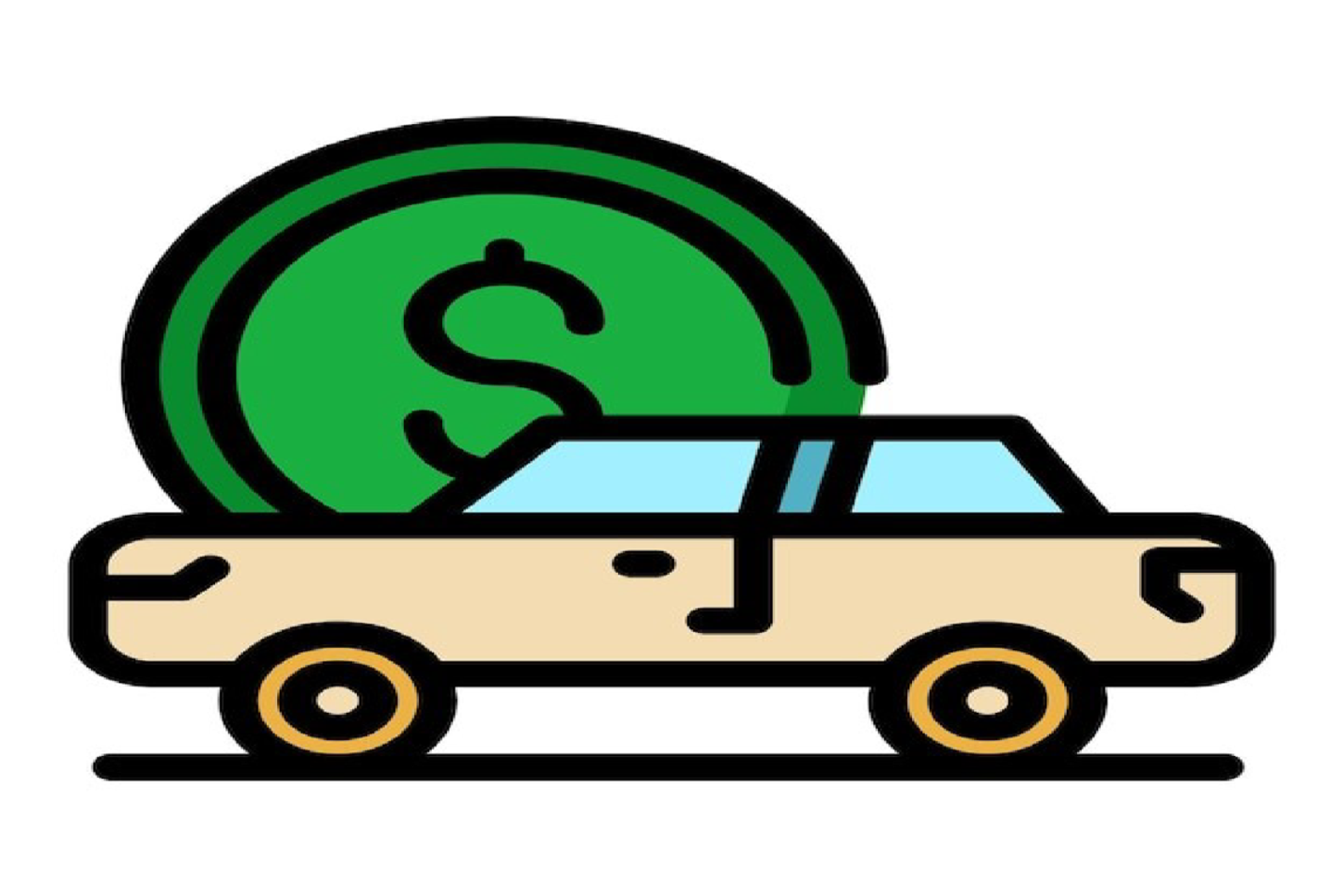What is a Scrap Car?
A scrap car is a vehicle that is no longer usable or safe to drive on the road. Scrap cars can be the result of a number of factors, including:
- Age: Scrap cars are often at least 12 to 25 years old.
- Mileage: Scrap cars may have old engines with high mileage.
- Damage: Scrap cars may have severe damage from accidents or rust on the body.
- Repair costs: The cost of repairs may be too high to justify keeping the car.
- Model: The car may be an older model that the owner wants to replace with a newer one.
The estimated cost a fixed asset can be sold for after depreciation is known as its scrap value. Scrap value is also known as residual value, salvage value, or breakup value.
When you’re ready to scrap your old vehicle, you might wonder how much money you can actually receive. The payout for scrapping a car can vary significantly based on several key factors. Let’s go over the main points that can impact the value of your scrap car.
How Much Do You Get for Scrapping a Car?
If you have an old, nonfunctional car taking up space in your driveway, you may wonder how much you could get for scrapping it. While the answer varies based on multiple factors, scrapping a car can provide a reasonable payout depending on the car’s weight, metal content, and the demand for certain parts. Here’s what you need to know about how scrap car prices work and how to maximize your return.
Factors Affecting Scrap Car Value:
1. Weight and Type of Metal:
Larger vehicles like trucks and SUVs often yield more money, while smaller cars may fetch lower prices. Many scrapyards determine the value of a vehicle based on its weight, as they pay for the metal content. To estimate your car’s scrap value, start by checking the weight of your vehicle, which is available in the manufacturer’s manual. Then, check the latest market prices for metals, as prices for steel, aluminum, and other metals fluctuate based on demand.
2. Engine Condition:
Engines with low mileage (typically less than 200,000 kilometers) are often in demand by buyers looking for affordable replacements. Scrapyards may pay a premium for these engines since they can sell them as refurbished parts. If your car’s engine is in good shape and has relatively low mileage, it may add extra value when scrapping.
3. Make and Model Demand:
Certain makes and models of vehicles have parts that are more valuable or in higher demand. Scrapyards tend to pay more for popular makes and models because they know there’s a good resale market for the parts. Be sure to mention your vehicle’s make and model to get an accurate quote.
4. Vehicle Body Condition:
The overall condition of the car’s body affects the amount of scrap metal that can be salvaged. Additionally, some parts like doors, hoods, and fenders are valuable if they are undamaged, as they can be reused on similar vehicles.
5. Catalytic Converter:
The catalytic converter is one of the most valuable parts of a car due to the presence of precious metals like platinum, palladium, and rhodium, which can be worth thousands per pound. The condition of the catalytic converter and its metal content can make a big difference in the overall scrap value.
6. Other Key Components
Main components like wheels, bumpers, headlights, and taillights hold value if they are in good condition. Scrapyards often pay extra for undamaged parts as they can resell them directly to customers looking for replacements.
Getting the Best Price for Your Scrap Car
Many car owners consider these methods to maximize their returns when scrapping a car:
Selling Parts Individually
By dismantling your car and selling parts separately, you may get more cash than selling the entire vehicle to a scrapyard. This method is timeintensive but can yield higher payouts.
Selling Directly to a Scrapyard
Selling your vehicle directly to a scrapyard is usually the easiest option, as it involves minimal work. Although you might receive less than selling parts individually, it offers a fast, hassle-free way to get cash for your vehicle.
Frequently Asked Questions:
Do I need to do anything to prepare my car for scrapping?
Yes, you should remove any personal items from the car and gather important documents like the vehicle title to ensure a smooth transaction.
Are there any costs involved in scrapping a car?
Some scrapyards offer free towing, but it’s always best to ask about additional fees to avoid surprises.
When will I receive payment?
Reputable scrapyards typically pay on the spot or issue a prompt payment upon pickup.
How much can I expect to receive for my scrap car?
Scrap car values range from $150 to several thousand dollars, depending on factors like weight, parts, and market demand.
Conclusion:
In summary, how much you get for scrapping a car depends on factors such as make and model, catalytic converter value, and overall vehicle condition. Choosing a reputable auto recycling company can help you get a fair price for your scrap car, whether it’s a small sedan or a heavyduty truck.









22 Responses
Great service and no hassle! Cash for Cars Florida made the process super simple.
Thank you so much for your kind words! 😊 We’re thrilled to hear you had a smooth and hassle-free experience with Cash for Cars Florida. 🚗💰
Honestly, I didn’t expect it to be this easy. Cash for Cars Florida really delivered!
Thank you so much for your kind words! 😊 We’re thrilled to hear you had a smooth and easy experience with Cash for Cars Florida. Enjoy your cash and feel free to reach out anytime!
I got quotes from 3 places and Cash for Cars Florida was the most honest and responsive.
Thank you so much for your kind words! 😊 We’re thrilled to hear you had a great experience with Cash for Cars Florida. Providing honest and responsive service is what we’re all about!
I recently sold my old car to Cash for Cars Florida here in Clearwater, and they were absolutely the best! Great service and quick payment.
Thank you so much for your kind words! We’re thrilled to hear you had a great experience with Cash for Cars Florida in Clearwater. Enjoy your extra cash and feel free to reach out anytime you or your friends need to sell a car quickly!
I recently sold my old car to Cash for Cars Florida here in St. Petersburg, and they were absolutely the best! Great service and quick payment.
Hands down the best place to scrap a car in Florida. Thanks again!
Cash for Cars Florida gave me the best offer compared to others. Very happy with their service.
I couldn’t believe how fast the process was. Called in the morning, cash in hand by afternoon.
I was able to sell my non-running truck without any hassle. Highly recommend Cash for Cars Florida!
Selling my old car was so simple. They responded quickly and handled the towing for free.
My experience with Cash for Cars Florida was wonderful. Fast, honest, and stress-free transaction.
Great service from start to finish. They were polite, punctual, and paid me on the spot.
Cash for Cars Florida is a life saver! I had no idea how to get rid of my wrecked car, but they took care of it all.
I was amazed by how easy it was. They gave me a fair cash offer and took my car away the same day.
I had such a smooth experience selling my old car. Cash for Cars Florida handled everything quickly and paid me exactly what they quoted.
I’m very pleased with the service. I didn’t have to worry about anything, and I got paid right away.
The whole process was straightforward. Cash for Cars Florida is truly a reliable company.
I sold my old minivan here and I’m glad I chose them. Stress-free and fair deal.